Politicon.co
Armenia - Azerbaijan conflict and Georgia's perspective
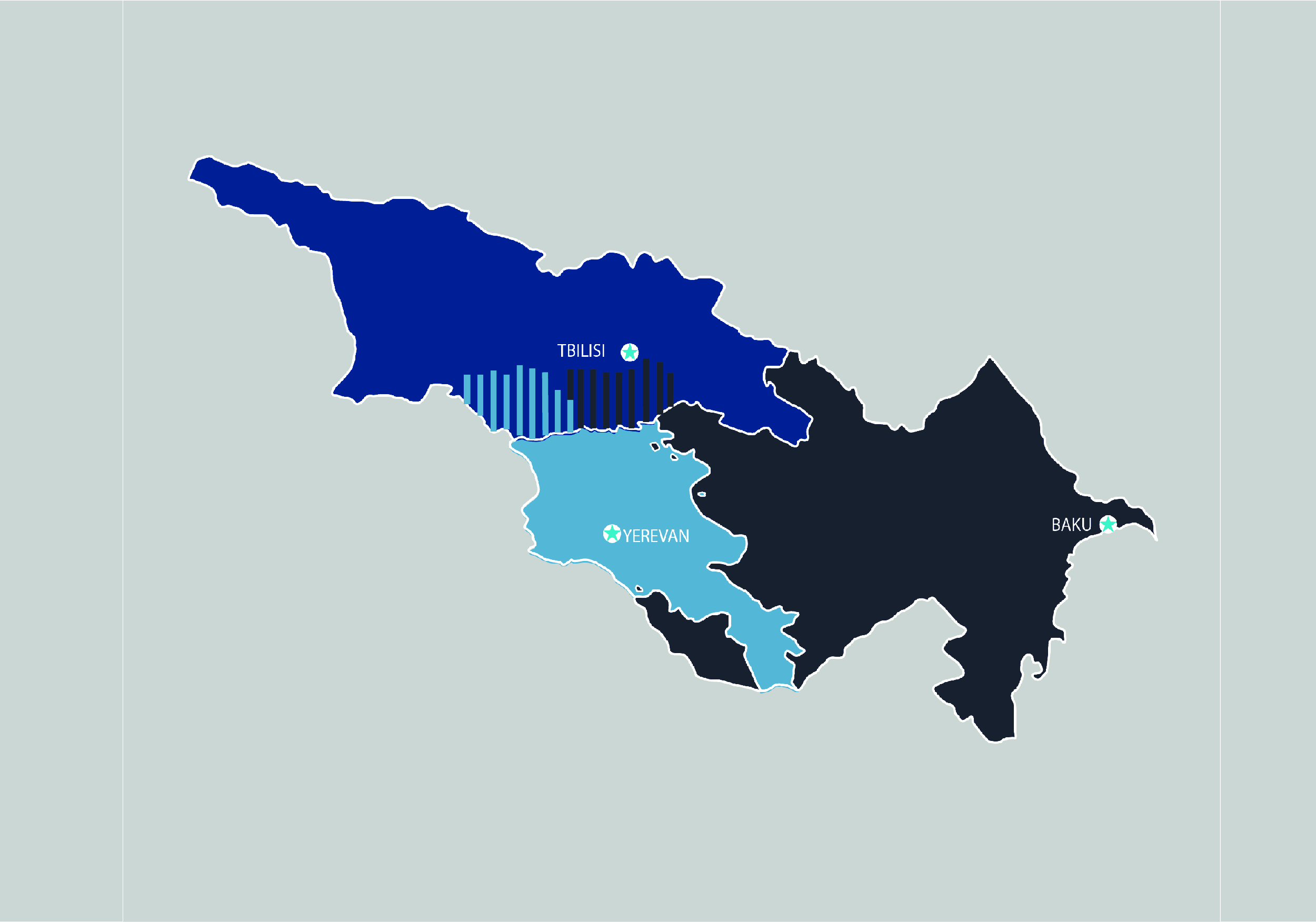
On September 27, the international community woke up the news on the outbreak of hostilities in Karabakh. It initially seemed as another, a mini-provocation or clash, which we are somehow accustomed to. But into its third week, the confrontation is continuing as a large-scale war that has gone beyond Karabakh. The conflict has brought enormous stress not only for the residents of the warring parties, but also for the neighboring societies.
Georgia is closely watching the dynamics as the war directly threatens national security of the country. The authorities are concerned about the spillover, economic collapse, humanitarian disaster and even the loss of independence (however exaggerating it may sound).
In this situation, Georgia should raise the interests of the United States and Europe on agenda, and accordingly, its role in the timely localization of this conflict. It is highly possible that this conflict will grow into a general regional conflict:
1) The confrontation poses a threat to international projects and critical energy and communication infrastructure.
2) The likelihood of the open involvement of large regional players in this conflict - Turkey, Russia, Iran - is also quite high.
Large-scale military operations between Armenia and Azerbaijan broke out after two decades of relative calm. For both sides, the conflict is existential, which rules out any step back. For Azerbaijan, this is a lost 20% of the territory and a matter of honor; for Armenia, as local propaganda tries to portray it, the loss of Karabakh is comparable to complete destruction. Next to these countries lies a third nation of the region, Georgia, which separates them from their main allies, Russia and Turkey respectively.
What should be the natural ambition of the belligerent sides? Securing a corridor to the key ally. How could this be done? The first option is to break through the corridor militarily, while the second one is to forge an alliance with Georgia. In the event of military scenarios, Georgia may simply turn into a battlefield, with the front line being overstretched. And none of the warring sides possesses sufficient resources for that. But their allies - Russia and Turkey - do.
Both Azerbaijan and Armenia are trying to attract Georgia to their side by presenting following arguments:
Azerbaijan: Public opinion in Azerbaijan believes that Georgia should side with Azerbaijan, as Armenia is an ally of Russia, which has occupied two regions of Georgia. Both Azerbaijan and Georgia suffer from similar problems related to secessionism, are strategic partners and push trilateral regional projects (together with Turkey). The Azerbaijani side also uses other arguments: Armenia claims Georgia`s Javakheti region; the Armenians fought side-by-side with the separatists in Abkhazia; the unrecognized “Nagorno-Karabakh Republic” has an alliance with Abkhazia and South Ossetia; the Armenians have always betrayed Georgia.
Armenia: There is a very active discourse in the Armenian society about “Georgia`s betrayal”. This discourse is probably promoted by Russia, but claiming that these are exclusively Russian provocations and there are no such sentiments in Armenia would not be fair. The arguments of the Armenian side are mainly emotionally charged: Armenia and Georgia are two democracies in the Caucasus; the present Nagorno-Karabakh war is a clash of civilizations; the entire Western world supports us; the Azerbaijanis want to take away the David Gareji shrine from Georgia; Georgian sold herself for oi; Azerbaijan is not formally in alliance with Russia but buys weapons from the Russians; the Azerbaijanis can betray Georgia for their own interests; Turkey wants to take away Batumi; the Turks are historical enemies of the Georgians.
We often hear these arguments in Georgia. Yet we need to understand one very simple but important nuance. For centuries, both Azerbaijanis and Armenians have been compactly living in Georgia, especially in specific regions. In the event of an even greater exacerbation of the conflict or the support of Georgia to one of the warring parties, the war may erupt on Georgia`s own territory with the explosion in the regions with national minorities seeming inevitable (Javakheti, Gardabani, Marneuli).
Georgia cannot enter the conflict and must remain neutral, as both countries are very important. Georgia is united with both Armenia and Azerbaijan through historical, strategic, political, and economic ties. Georgia`s chief interest is an intervention of the international community as soon as possible, so that Russia ceases to be the only arbiter of the conflict.
It would be even better to have Georgia as a moderator of the conflict - it is a slightly utopian view, but quite possible.
The Georgian authorities should regularly and actively work with the population of the provinces on where ethnic Armenian and Azerbaijanis co-exist, especially with their leaders of public opinion, in order to suppress disinformation campaigns and calls for separatism. In this regard, one can only welcome the statement of the Azerbaijani embassy, which calls on the Azerbaijani population of Georgia to be vigilant, not to succumb to provocations and to act within the framework of the norms and laws adopted in Georgia.
![]()
- TAGS :
- Caucasus
- Azerbaijan
- Georgia
- Armenia
- TOPICS :
- Conflict and peace
- REGIONS :
- Russia and CIS


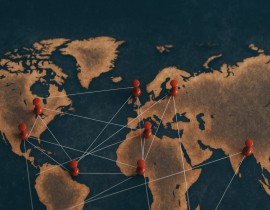
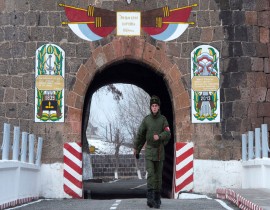
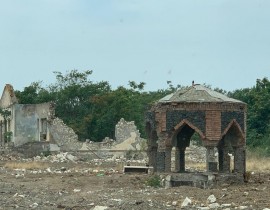
png-1748065971.png)
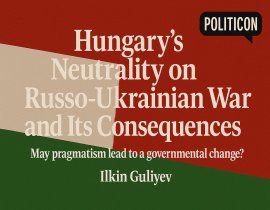

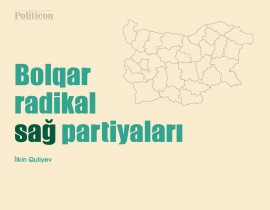
jpg-1599133320.jpg)

